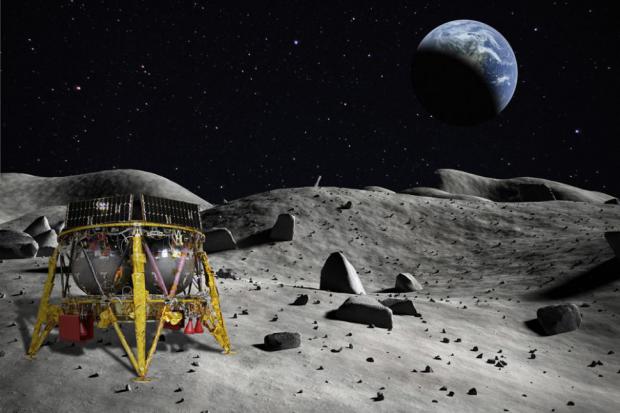
Breaking News
 They've Been Feeding You Poison (And Calling It Food)
They've Been Feeding You Poison (And Calling It Food)
 Tattoo ink may cause prolonged changes to the immune system
Tattoo ink may cause prolonged changes to the immune system
 Travel gadget promises to dry and iron your clothes – totally hands-free
Travel gadget promises to dry and iron your clothes – totally hands-free
 Duckweed: A sustainable, protein-packed food source smeared by Big Ag
Duckweed: A sustainable, protein-packed food source smeared by Big Ag
Top Tech News
 Perfect Aircrete, Kitchen Ingredients.
Perfect Aircrete, Kitchen Ingredients.
 Futuristic pixel-raising display lets you feel what's onscreen
Futuristic pixel-raising display lets you feel what's onscreen
 Cutting-Edge Facility Generates Pure Water and Hydrogen Fuel from Seawater for Mere Pennies
Cutting-Edge Facility Generates Pure Water and Hydrogen Fuel from Seawater for Mere Pennies
 This tiny dev board is packed with features for ambitious makers
This tiny dev board is packed with features for ambitious makers
 Scientists Discover Gel to Regrow Tooth Enamel
Scientists Discover Gel to Regrow Tooth Enamel
 Vitamin C and Dandelion Root Killing Cancer Cells -- as Former CDC Director Calls for COVID-19...
Vitamin C and Dandelion Root Killing Cancer Cells -- as Former CDC Director Calls for COVID-19...
 Galactic Brain: US firm plans space-based data centers, power grid to challenge China
Galactic Brain: US firm plans space-based data centers, power grid to challenge China
 A microbial cleanup for glyphosate just earned a patent. Here's why that matters
A microbial cleanup for glyphosate just earned a patent. Here's why that matters
 Japan Breaks Internet Speed Record with 5 Million Times Faster Data Transfer
Japan Breaks Internet Speed Record with 5 Million Times Faster Data Transfer
$1 Million Prize Offered to Israeli Moon Lander Mission

The stakes just got even higher for an Israeli moon lander's historic touchdown attempt next month.
If all goes according to plan on April 11, the robotic lander, known as Beresheet, will become the first privately funded craft ever to pull off a soft lunar touchdown. To date, only the governments of the Soviet Union, the United States and China have landed missions on the moon.
Success will also net Beresheet's builders — the nonprofit group SpaceIL and the company Israel Aerospace Industries — a cool $1 million, courtesy of the X Prize Foundation.
"SpaceIL's mission represents the democratization of space exploration," X Prize founder and Executive Chairman Peter Diamandis said in a statement today (March 28) announcing this "Moonshot Award."
"We are optimistic about seeing this first domino fall, setting off a chain reaction of increasingly affordable and repeatable commercial missions to the moon and beyond," Diamandis added. (Beresheet's total mission cost, including launch, is about $100 million, team members have said.)
The nonprofit X Prize Foundation operates big-purse competitions designed to spur technological breakthroughs in a variety of fields. One such event was the Google Lunar X Prize (GLXP), a $30 million contest that challenged privately funded teams to land a robot on the moon, move the craft at least 1,650 feet (500 meters) on the lunar surface and have it beam high-resolution imagery home to Earth.
The GLXP ended last year without a winner, but several former entrants have continued to develop their robotic moon missions. One of them is SpaceIL, which was founded in 2011 to compete for the prize.
Read More...

 Advanced Propulsion Resources Part 1 of 2
Advanced Propulsion Resources Part 1 of 2

